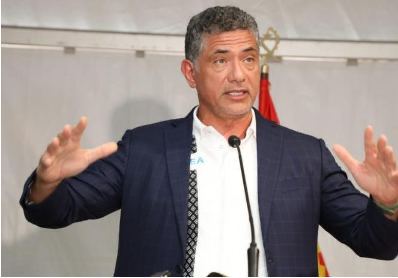Electrification is set to benefit over 1 million individuals across 60 communities in the provinces of Malanje, Bié, Moxico, Lunda-Norte, and Lunda-Sul. The consignment ceremony and initiation of the initial phase of the Rural Electrification Project in Lunda-Norte province took place on Wednesday, November 15, in Cafunfo, Cuango municipality. This event was overseen by Minister of Energy and Water, João Baptista Borges, accompanied by Provincial Governor Deolinda Vilarinho, Portugal’s ambassador Francisco Alegre, Germany’s ambassador Stefan Traumann, and energy sector authorities, including DNEER, PRODEL, and ENDE.
The contractual agreement was ratified by the participating companies, with PRODEL supervising the project on behalf of the Angolan government, while Portugal’s MCA Group assumes the leading contractor role. Throughout the ceremony, the minister emphasized the significant strides made in electrifying the nation, highlighting President João Manuel Gonçalves Lourenço’s commitment to providing clean and affordable energy to more Angolan families by 2027, targeting around 70% renewable sources in the national energy mix.
The initiative will benefit 74,368 families in 15 communities in Lunda Norte, with 29,150 prepaid home connections in Cafunfo. A photovoltaic park consisting of 72,000 panels will be erected, capable of generating 41.4 megawatts, with additional battery storage of 111.45 MW for nocturnal production. With a budget of 1.027914 billion euros, the Cafunfo photovoltaic park is scheduled for completion within three years.
Angola’s favorable solar energy conditions, with an average global radiation ranging from 1,370 to 2,100 kWh/m2/year, make photovoltaic technology the preferred option for utilizing this resource, given its rapid installation and low maintenance costs. The project has secured financing of 1.2 billion euros from Germany’s Euler Hermes.
Aligned with the Angola 2025 Plan, the endeavor aims to provide clean electricity to both urban and rural areas, propelling Angola toward prosperity and modernization. The Angolan government aims to reduce greenhouse gas emissions by 4.2 to 8.0 million tons of CO2. Minister João Baptista Borges also urged the local populace to safeguard public assets and report incidents of vandalism.

